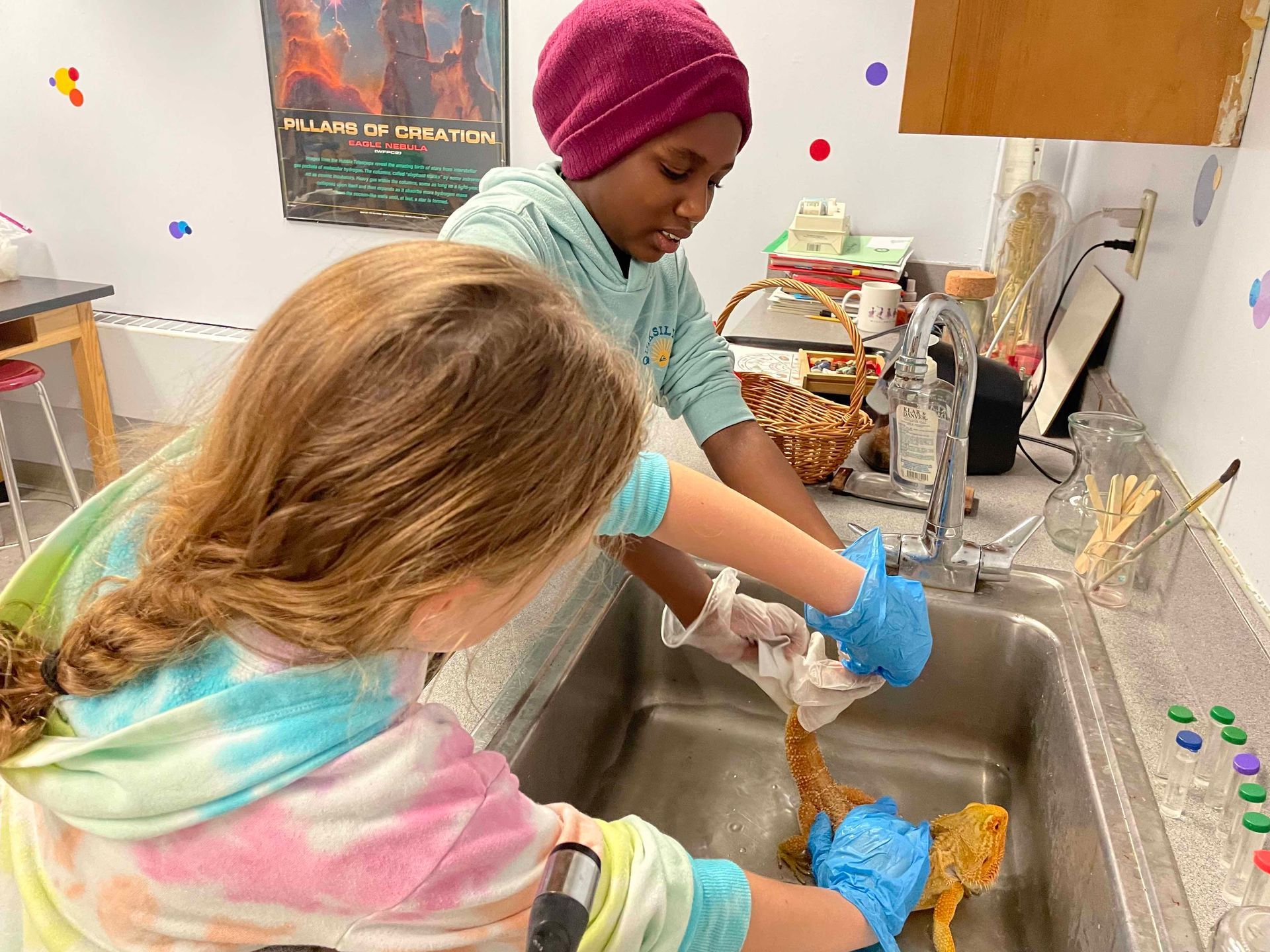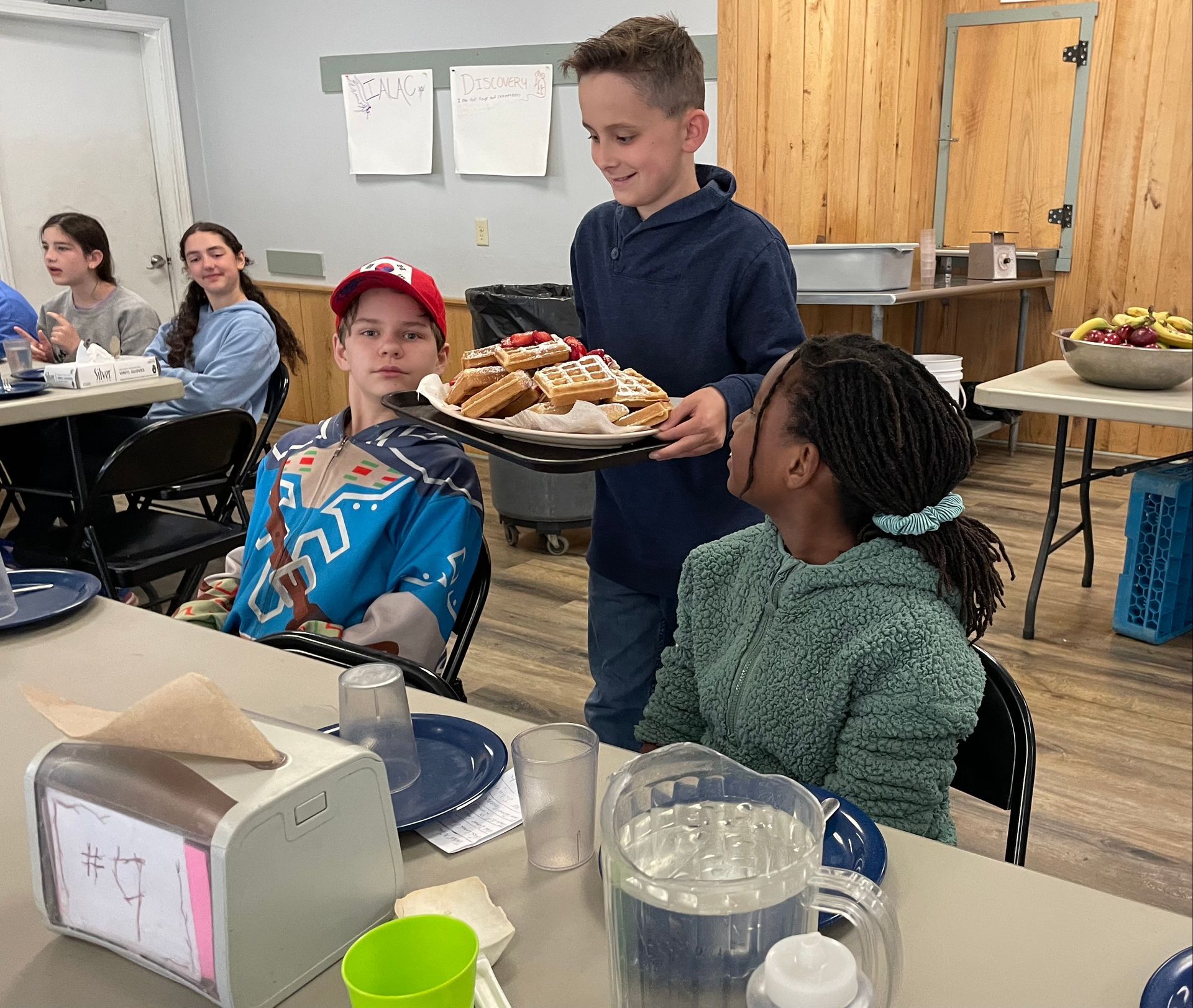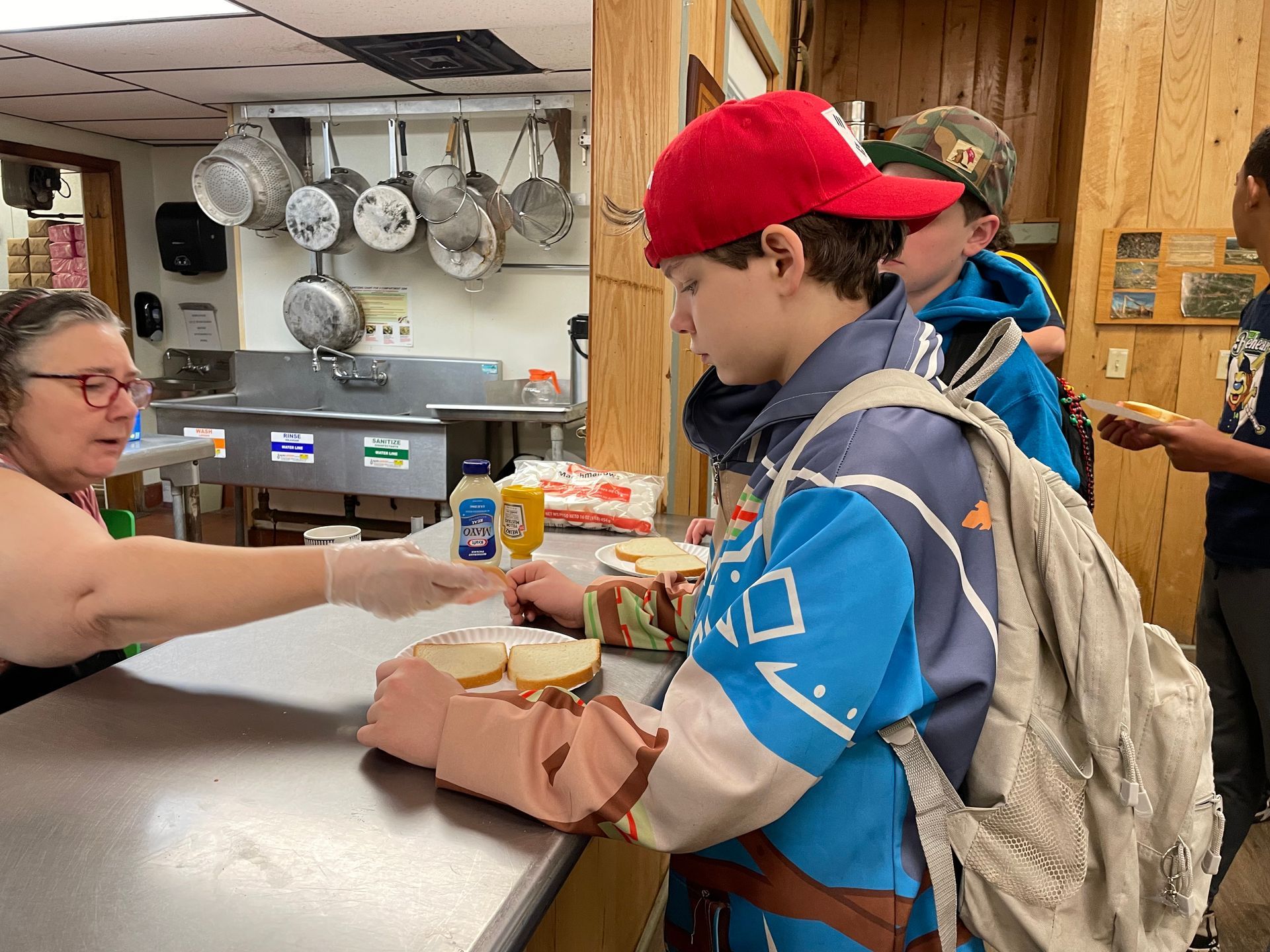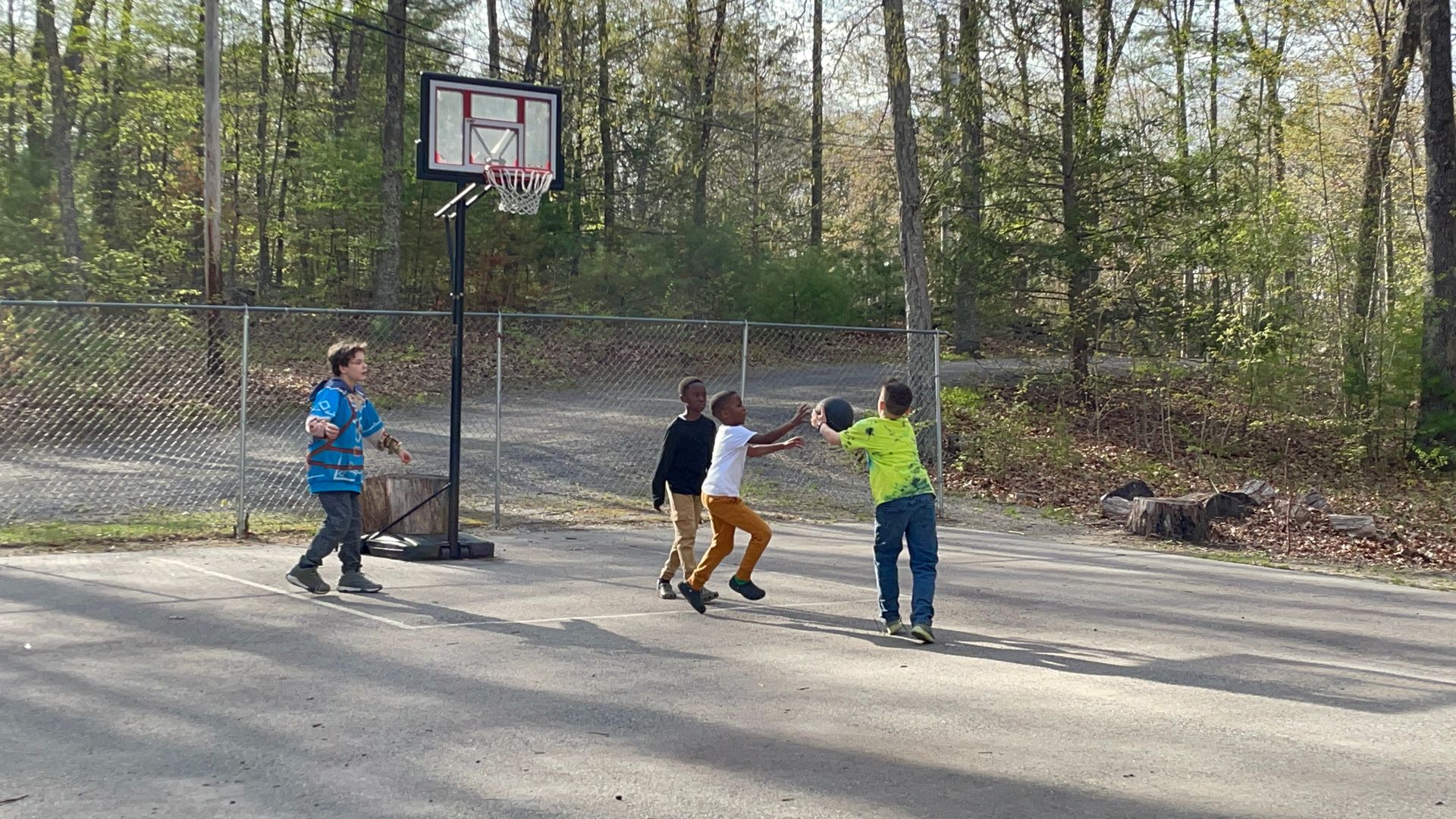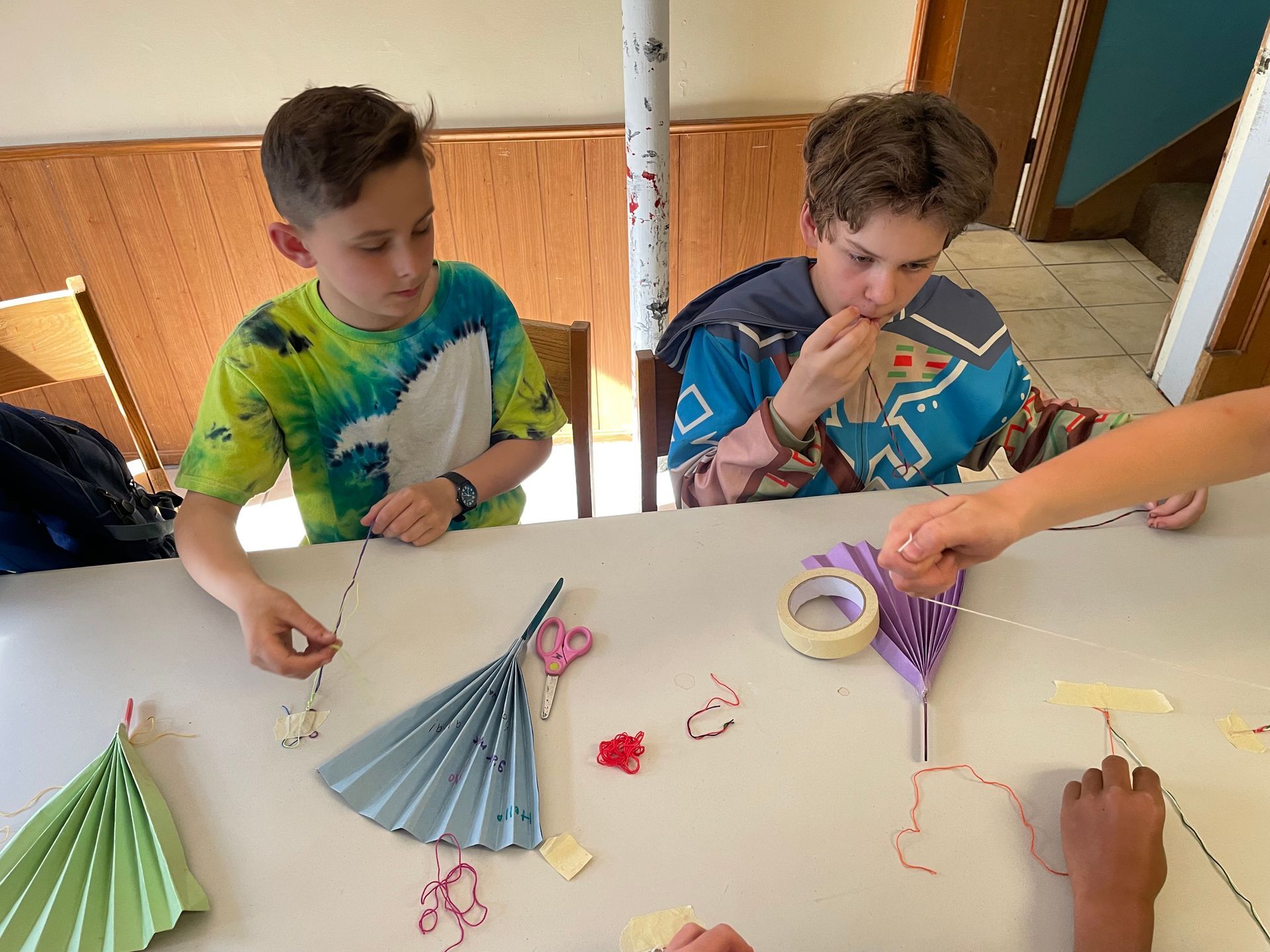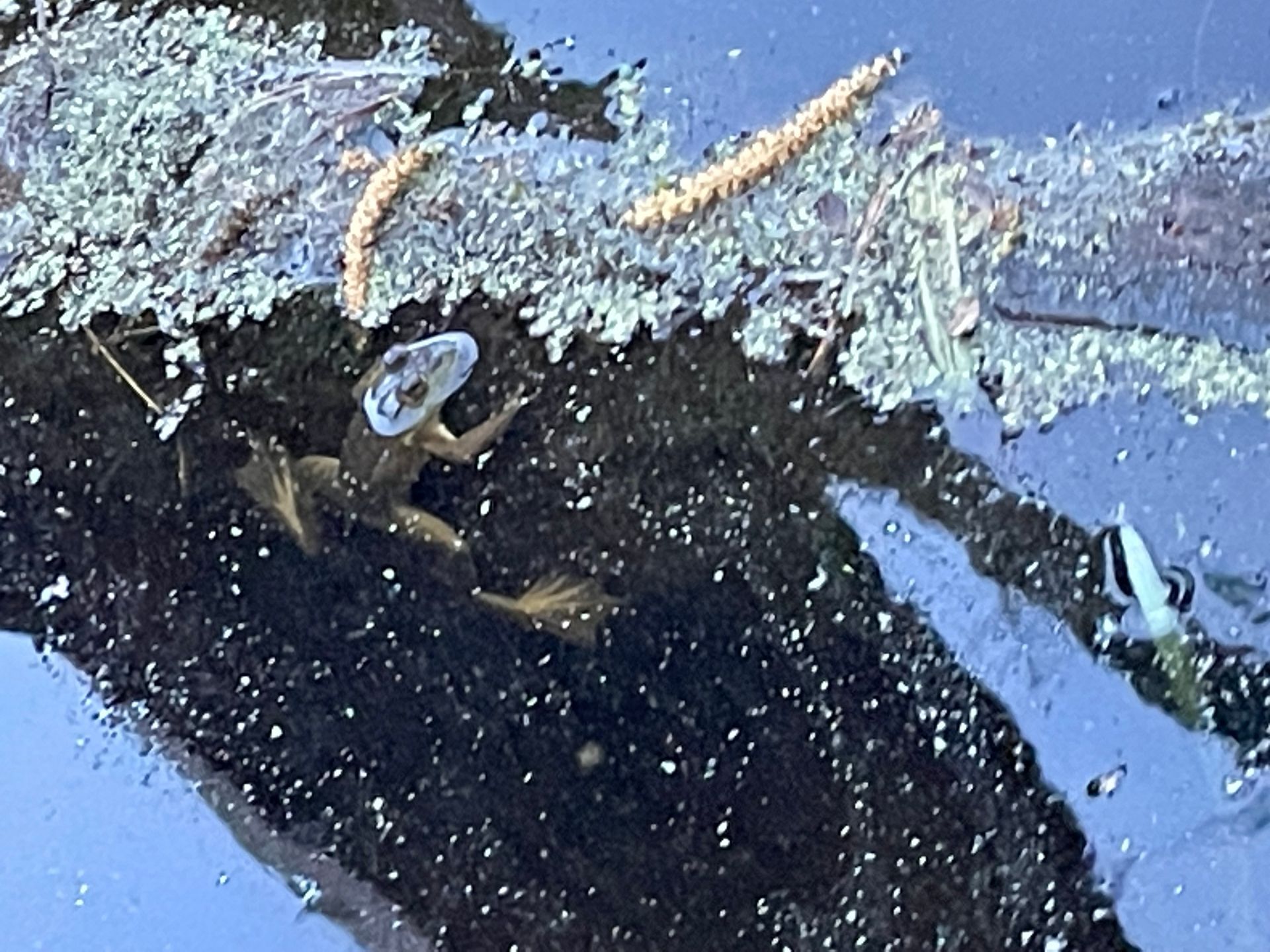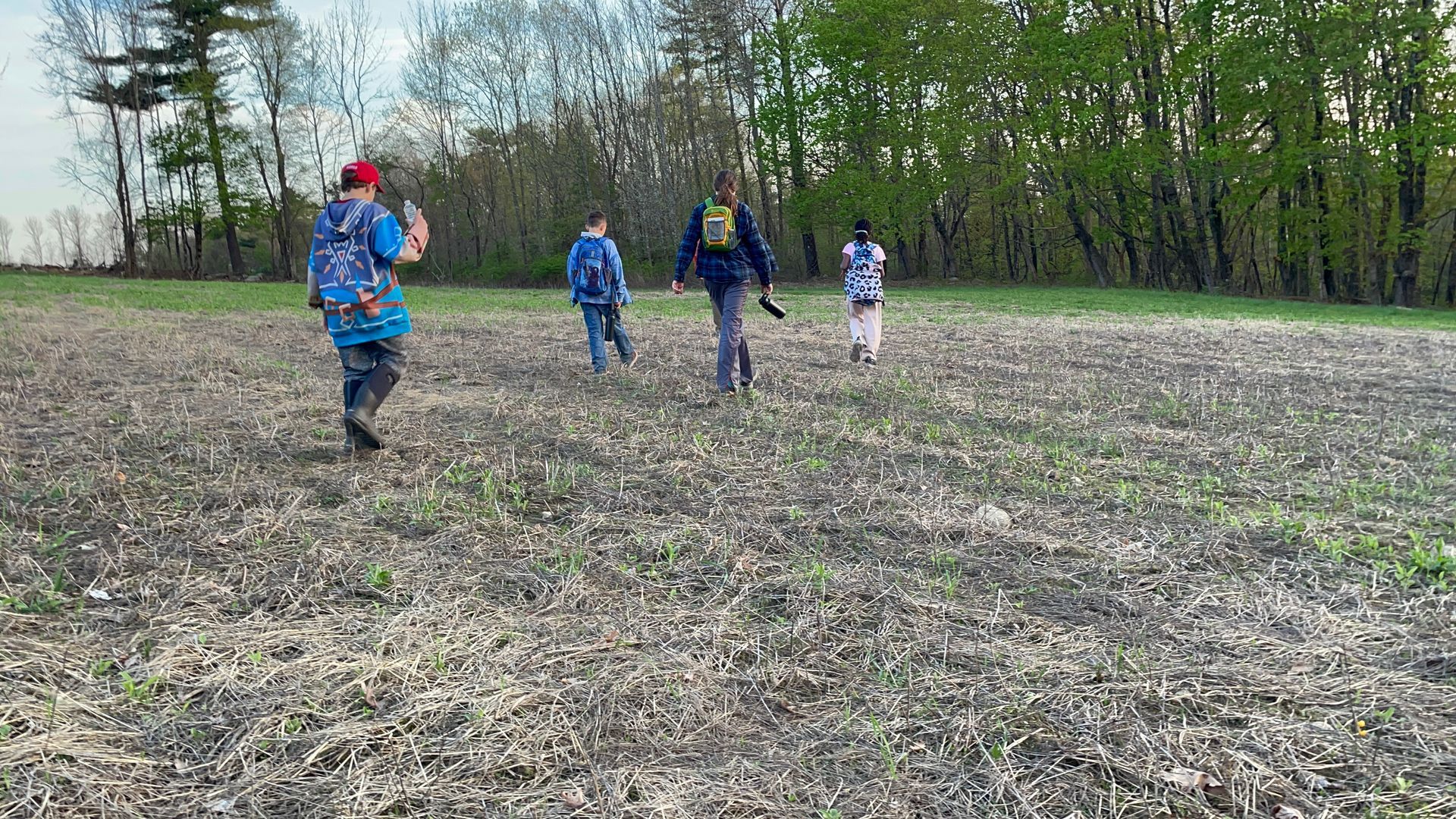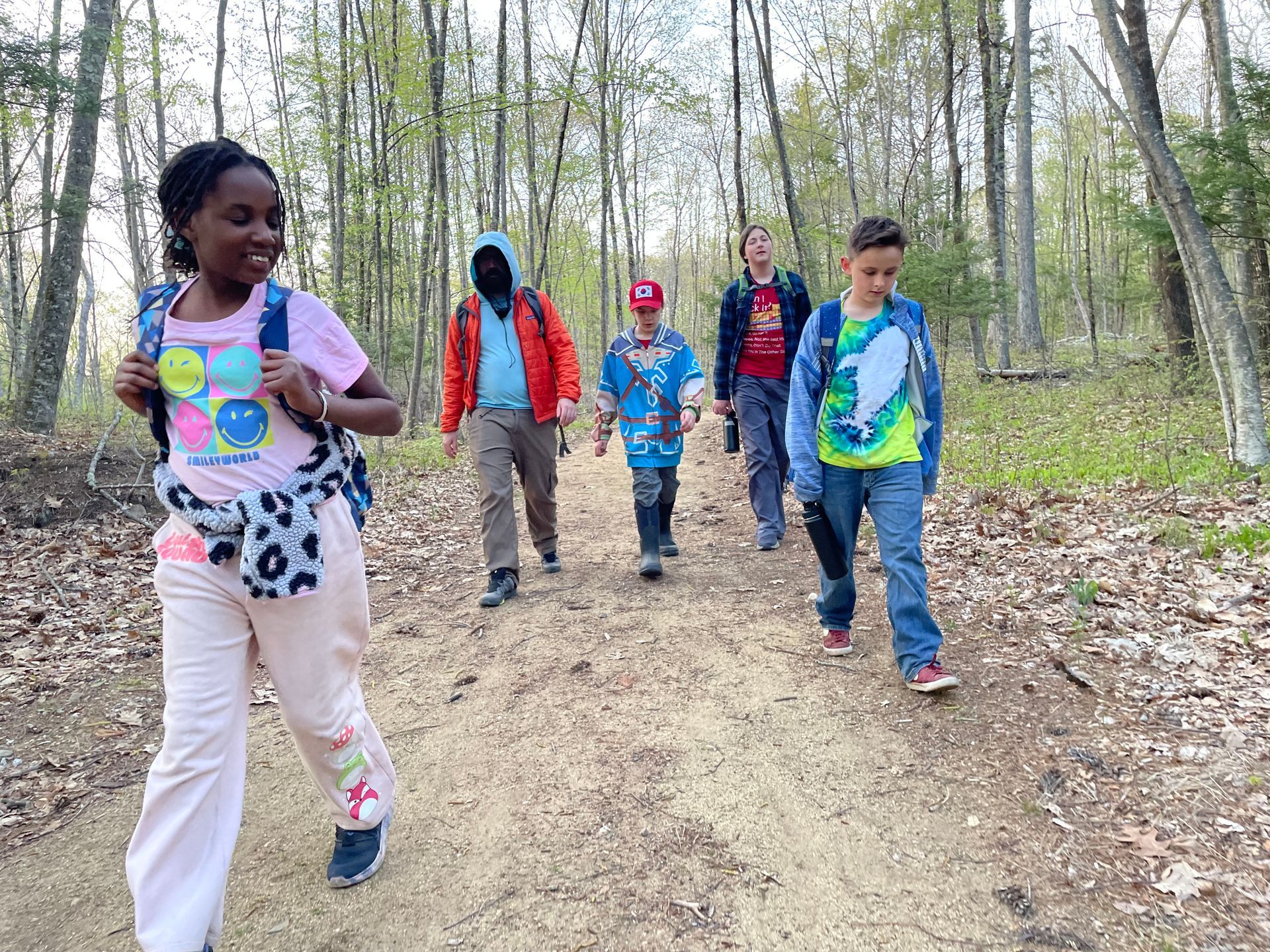
During my tours with prospective parents, I often pose a simple yet profound question: "What are your deepest hopes for your child as a 25-year-old returning home for the holidays?" The answers, while varied in phrasing, consistently echo the same core desires. "I want my child to be independent and happy." "Mature, confident and able to take care of fundamental needs." "To be able to make right choices." Rarely do I hear aspirations solely focused on a specific profession like artist, doctor, or engineer. The overwhelming desire is for a wholesome adult, embracing life with joy and capability.
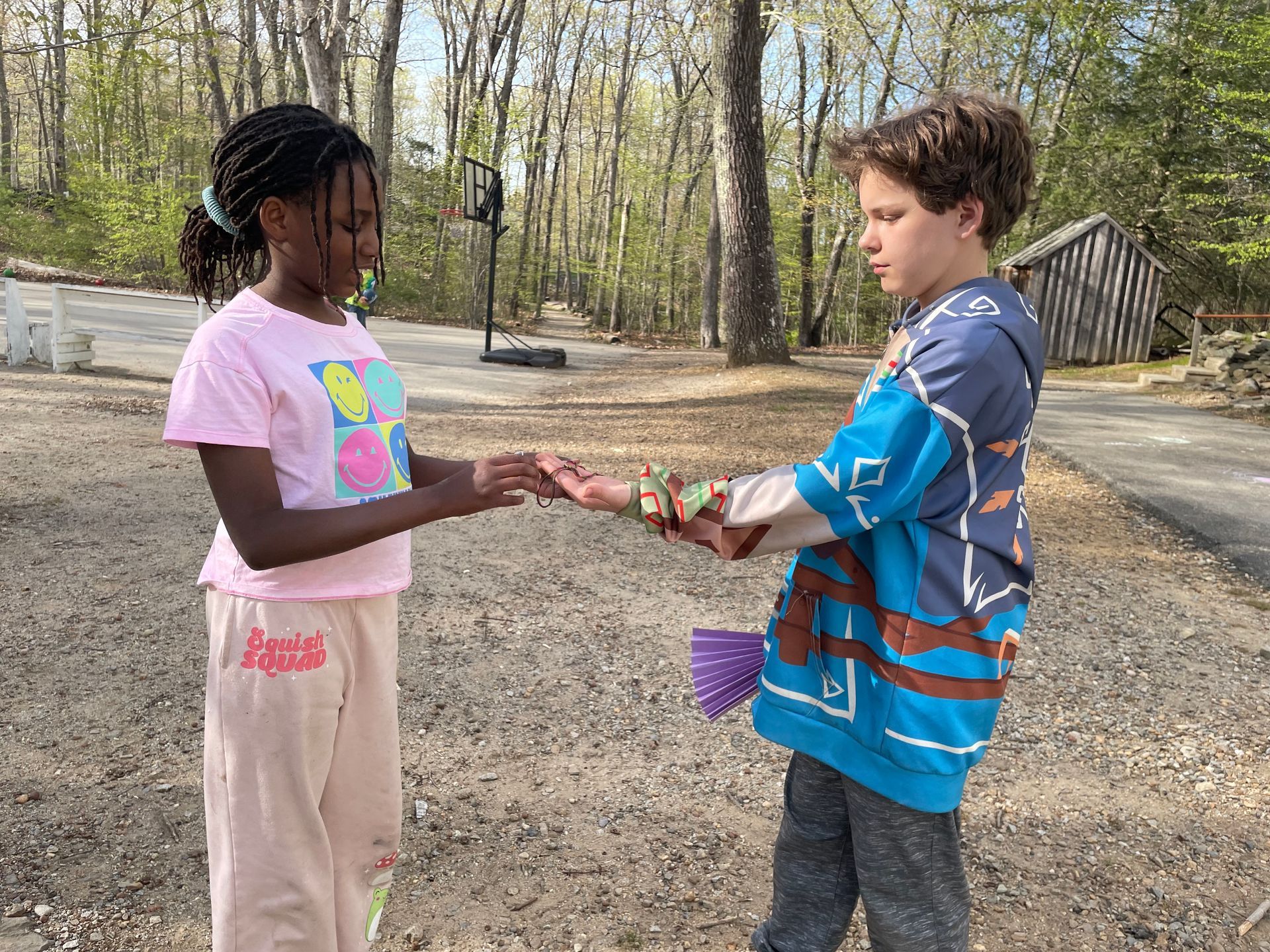
How does a child journey towards such a fulfilling adulthood?
At The T.E.C. Schools, alongside our robust academics, we have a deeply ingrained curriculum focused on cultivating the very skills necessary for independent living. These foundational abilities fall under the Montessori Practical Life curriculum, a cornerstone of our educational philosophy from the earliest years.
As Maria Montessori wisely observed, "The child who has never learned to work by himself, to set goals for his own acts, or to be the master of his own force of will is recognizable in the adult who lets others guide his will and feels a constant need for the approval of others." This quote underscores the critical importance of fostering independence from a young age – helping our students learn to step out and stand tall on their own.
At T.E.C., this isn't just a theoretical concept. From our Children's House, students are meticulously guided in the care of self (dressing frames, personal hygiene), care of others (helping classmates, preparing snacks to share), care of the environment (sweeping, gardening, organizing materials), and fundamental food preparation (washing fruits, simple cooking). These seemingly small, hands-on activities, absorbed with ease during the preschool and elementary years – the sensitive periods for these crucial life skills – lay the groundwork for genuine independence. It's during these formative years that these habits are most readily internalized. While learning these skills in middle school isn't impossible, the brain is more adept at absorbing them early on, making it a more natural and less arduous process than undoing ingrained habits and learning entirely new ones later.
And this brings me back to the quiet hum of the dorms at Nature's Classroom. Watching our Upper Elementary and Middle School students navigate this overnight experience, I see the tangible fruits of that early training – the first steps in standing tall on their own. They are following a schedule, waking up and managing their morning routines with minimal adult intervention. They are thoughtfully tidying their beds and personal spaces, ensuring a comfortable and organized environment. They are taking responsibility for packing their daypacks with the necessary gear for hikes and pond explorations. Most impressively, they are actively participating in making their own lunches, setting tables for shared meals, and diligently cleaning up afterwards. There's a mindful awareness of not wasting food or other precious resources, a quiet respect for the environment and the provisions made for them.
Throughout the day, I witnessed them joyfully partaking in the hikes, their steps sure and their curiosity boundless. At the pond, they collaborated on scooping water, their shared discoveries fostering both scientific understanding and camaraderie – each interaction a small act of independent engagement. They embodied the very essence of our school's tenets: Think – as they observed, questioned, and hypothesized about the natural world; Explore – as they ventured into unfamiliar territories and investigated new phenomena; and Create – as they built shelters, conducted experiments, and forged new friendships, each endeavor a testament to their growing self-reliance.
As I reflect on these observations, I return to the questions I often pose to prospective parents. You want your child to be an independent and happy adult, confident and capable – someone who can step out into the world and stand tall. Our journey at T.E.C. Schools, beginning in the earliest years with the practical skills of daily living and culminating in experiences like Nature's Classroom, is intentionally designed to pave that path. We are not just focused on academic achievement; we are dedicated to preparing your child for a joyful and capable adulthood, equipping them with the fundamental life skills that allow them to embrace the world with confidence and thrive in any environment. We are preparing them for life, in its fullest sense.
